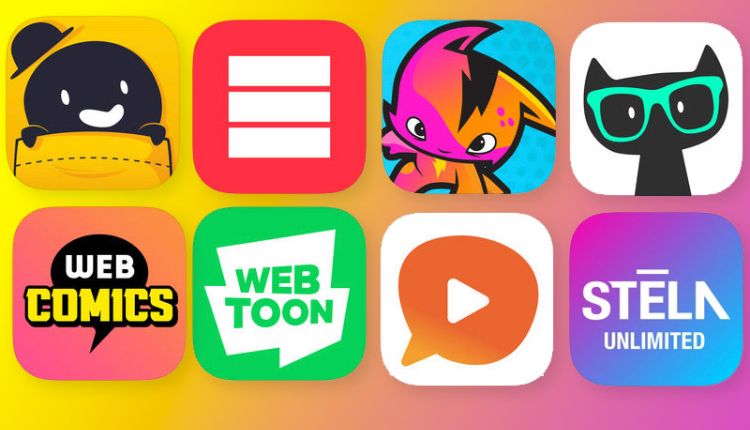The concept of “online free” has evolved far beyond simple browsing or limited access. Today, individuals can enjoy free teaching platforms, digital tools, entertainment, and even basic services that are available to them without requiring investment. The term became the central point of discussion about technology, availability, and global connectivity.
Growing free platforms online
With the expansion of the Internet, free online platforms have grown significantly. Social media, website streaming, and online marketplaces often offer “online free” versions of their services to attract users. Companies realised that the offer of something free of charge was building confidence and loyalty. This strategy allows users to experience a value before deciding whether to pay for additional features. The growth of free platforms has changed the way people consume information, interact with businesses, and build communities.
Free online learning and education
One of the most influential areas of free sources is education. Platforms such as online universities, video tutorials, and digital libraries provide access to quality knowledge without costs. Students around the world can learn new skills, prepare for a career, and even get certifications through free sources. Online learning has made education more inclusive and broken the barriers of geography and financial restrictions.
Entertainment was also revolutionised by “online free” opportunities. Music streaming services, video platforms, podcasts, and games offer countless hours of entertainment without requiring payment. Independent creators often provide free content that competes with traditional media companies. This shift gave viewers more control over what they consume and allowed creative individuals to address a global audience without the need for great financing.
Free tools for work and productivity
Productivity tools also accept an online free model. From text processors to graphic design platforms, users can find free alternatives to expensive software. These tools help students and independent companies perform tasks without heavy financial investments. Free online tools also often come up with collaboration features, which make work more efficient and accessible for teams at different places.
Free online services for communication
Communication was one of the most important recipients of “online free” opportunities. Message sending, e-mail services, and video conferencing platforms provide a basic connection without cost. This has transformed personal and professional communication around the world. Families can remain connected on continents, while businesses can organise meetings with clients around the world without spending money on traditional communication methods.
The role of free online communities
Communities based on free online platforms have created space for connection, support, and learning. Forums, social networks, and specialised platforms allow people with shared interests to interact freely. These communities support cooperation, sharing ideas, and peer-to-peer support. For many, these online spaces serve as digital houses where they can connect with similar people.
The benefits of online free access
The advantages of free online sources are undeniable. They promote equal opportunities, span economic gaps, and support innovations. Free platforms often serve as test grounds for creativity, where people can experiment and explore without risk. For developing countries, free online services provide free sources that support growth in education, business, and communication.
Challenges and Restrictions of Free Online Services
Although the benefits are clear, “online free” platforms also come up with challenges. Many of them rely on ads that can affect user experience. Others can limit the functions until users have decided to pay for upgrades. Privacy and data are also common issues because some platforms exchange free services for personal data. It is important that users balance the comfort of free access with awareness of these restrictions.
The future of online free opportunities
Looking forward, it is expected that “online free” opportunities will continue to grow. Since technology continues to progress, more companies will use free models to attract global users. Artificial intelligence, cloud computing, and open-source initiatives are likely to expand the free access options. The future promises more sophisticated services that remain at the core for free and, at the same time, offer premium improvements for those who choose to upgrade.
Conclusion
The concept of online free opportunities has changed the way people live, learn, and work. From education to entertainment and communication to productivity, free access has been transformed by modern society. Although there are challenges such as privacy and function limitations, the advantages far outweigh the disadvantages. Online free resources continue to strengthen individuals around the world and provide equal access to tools and services that lead to progress in the digital age.
FAQs
What does ‘free online’ mean?
It refers to sources, platforms, or services available on the Internet without requesting payment.
Are free online services safe to use?
Most free services are safe, but users should always check the privacy policy and be careful about sharing personal data.
Can I learn new skills through free online platforms?
Yes, many educational platforms offer free courses, instructions, and resources that help students acquire new skills.
Why do companies offer free online services?
They use free models to attract users, building confidence and encouraging them to upgrade to paid versions in the future.
What is the future of online free opportunities?
The future is likely to bring more advanced and available free services supported by technology such as AI and Open-Source development.

